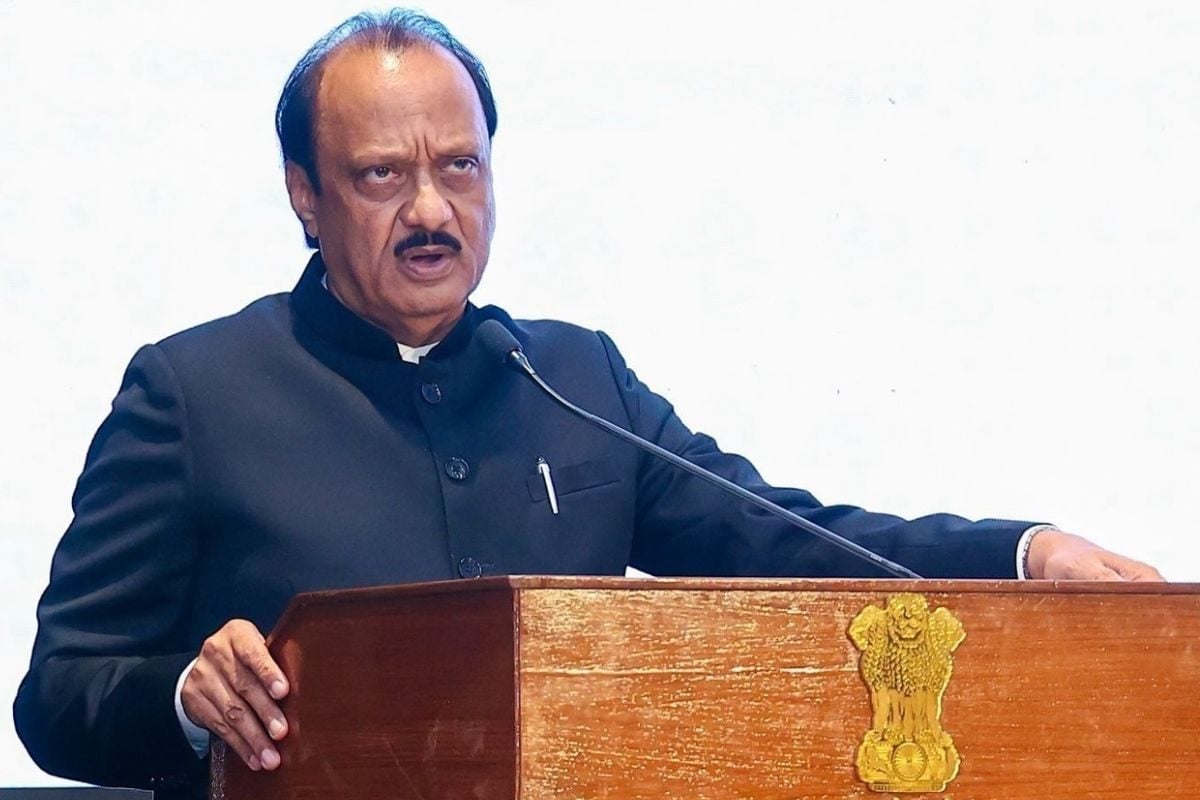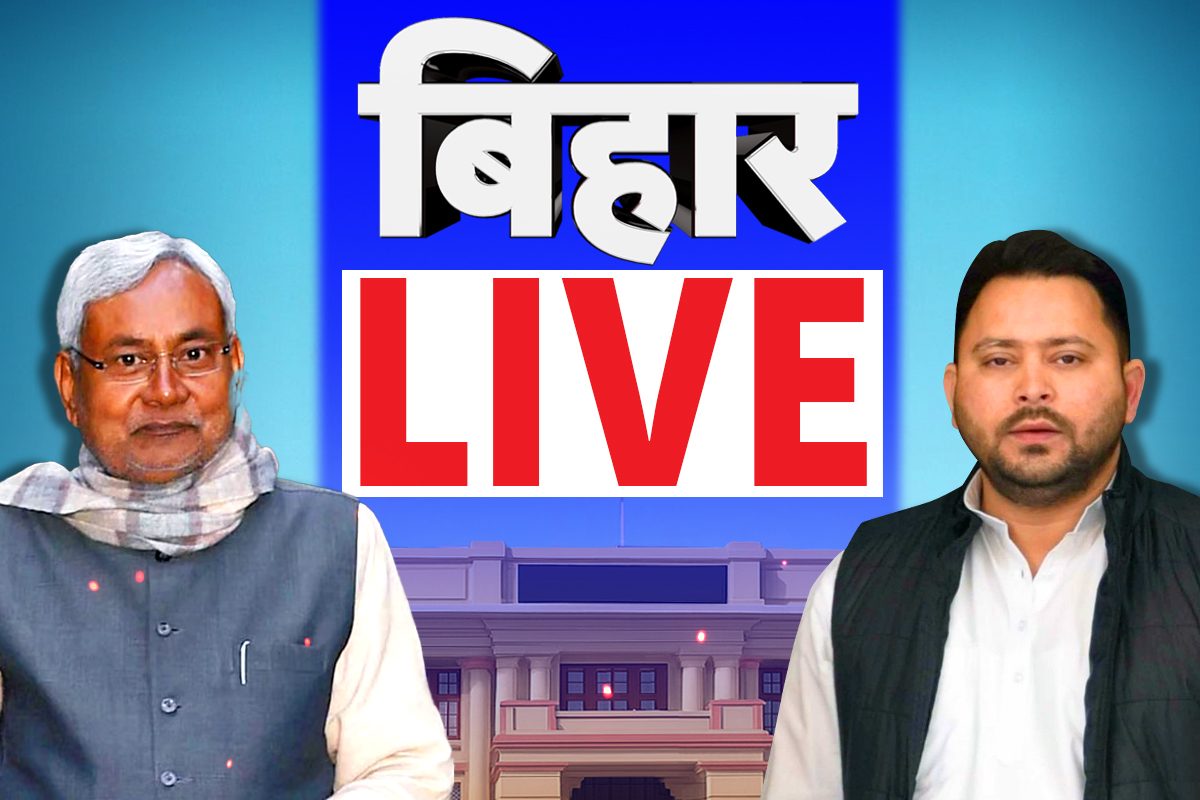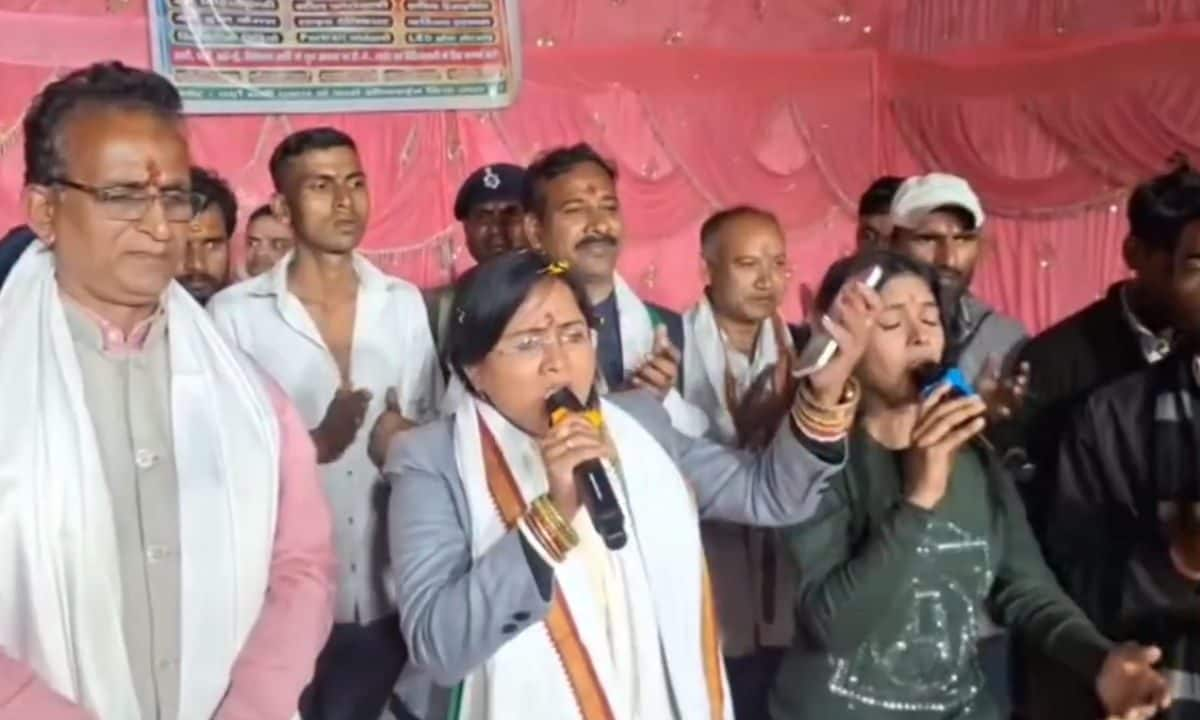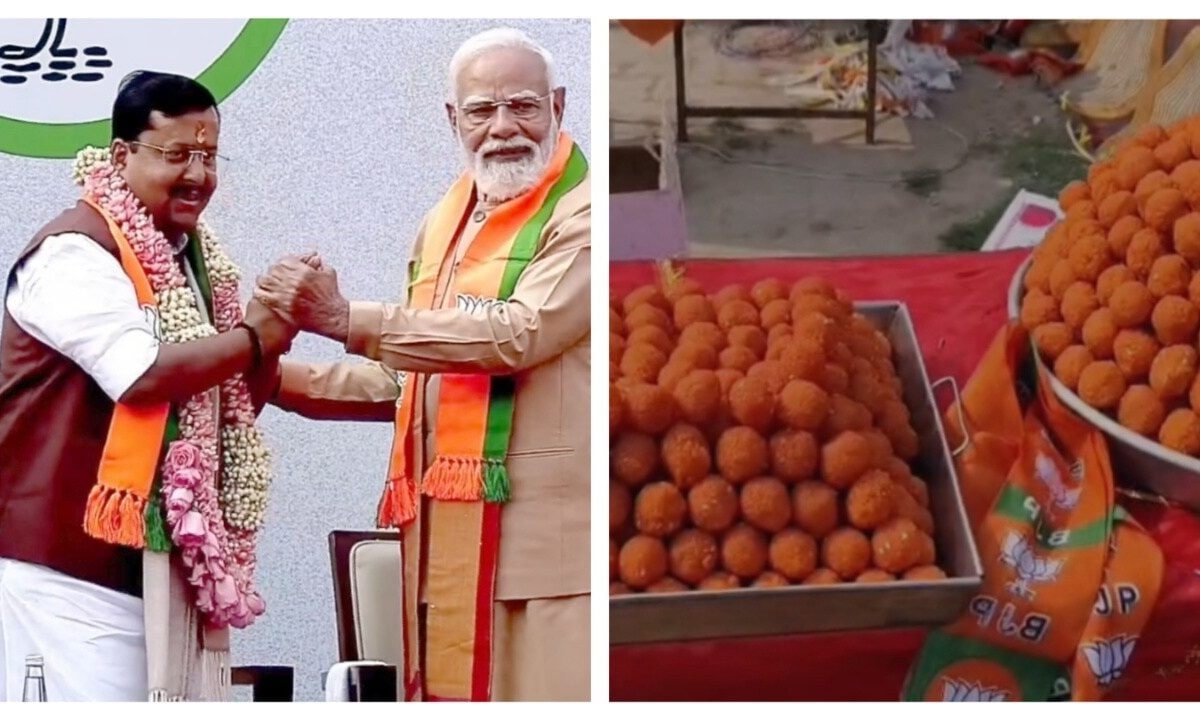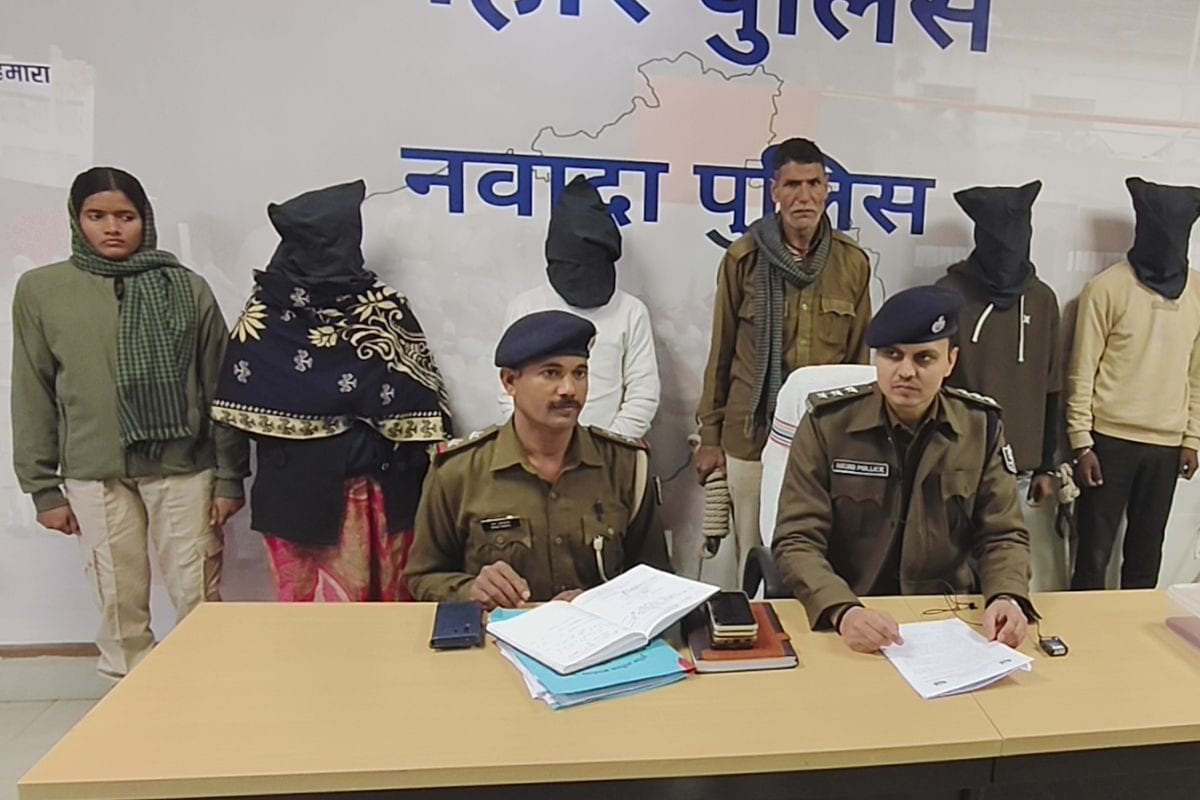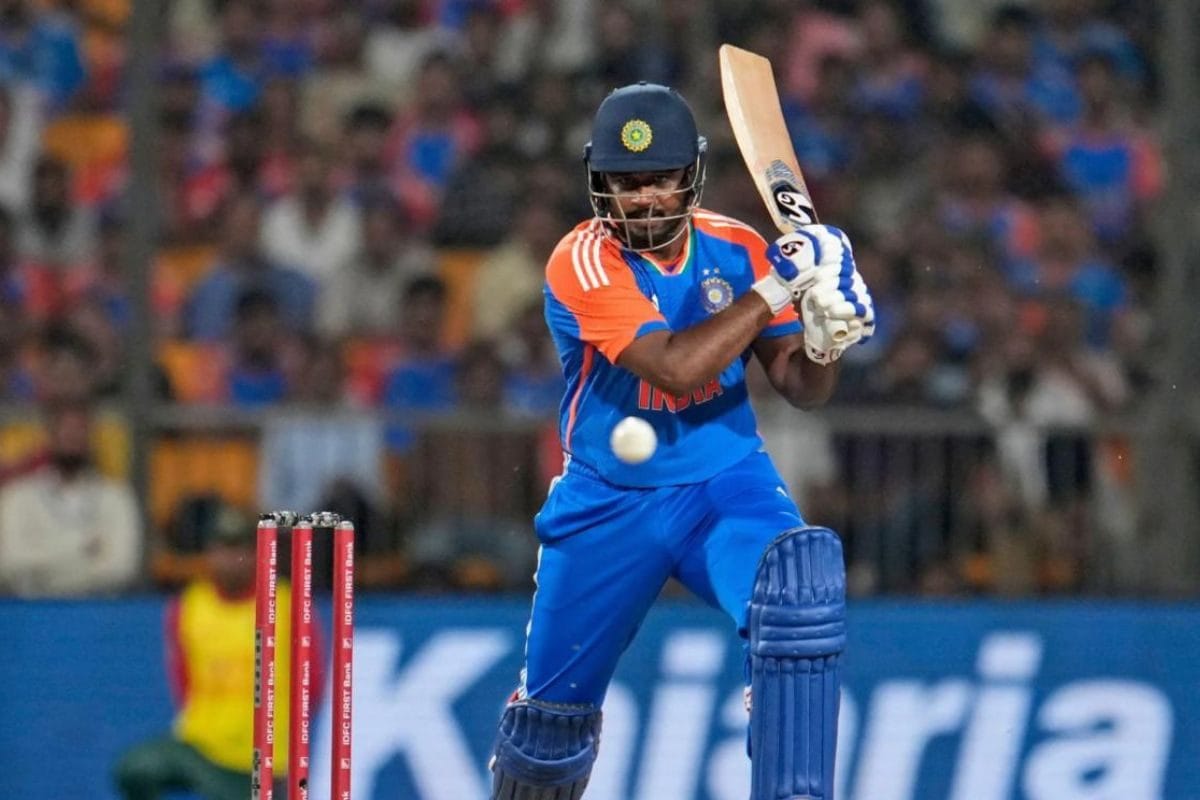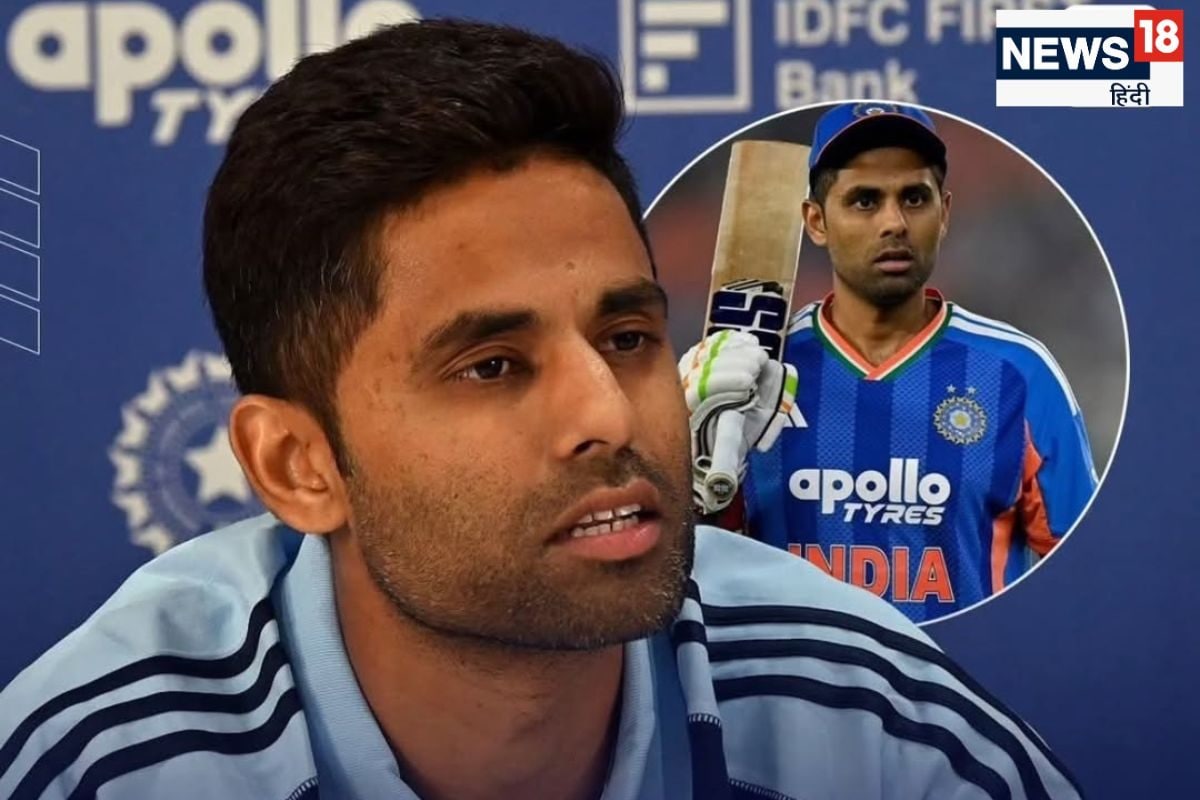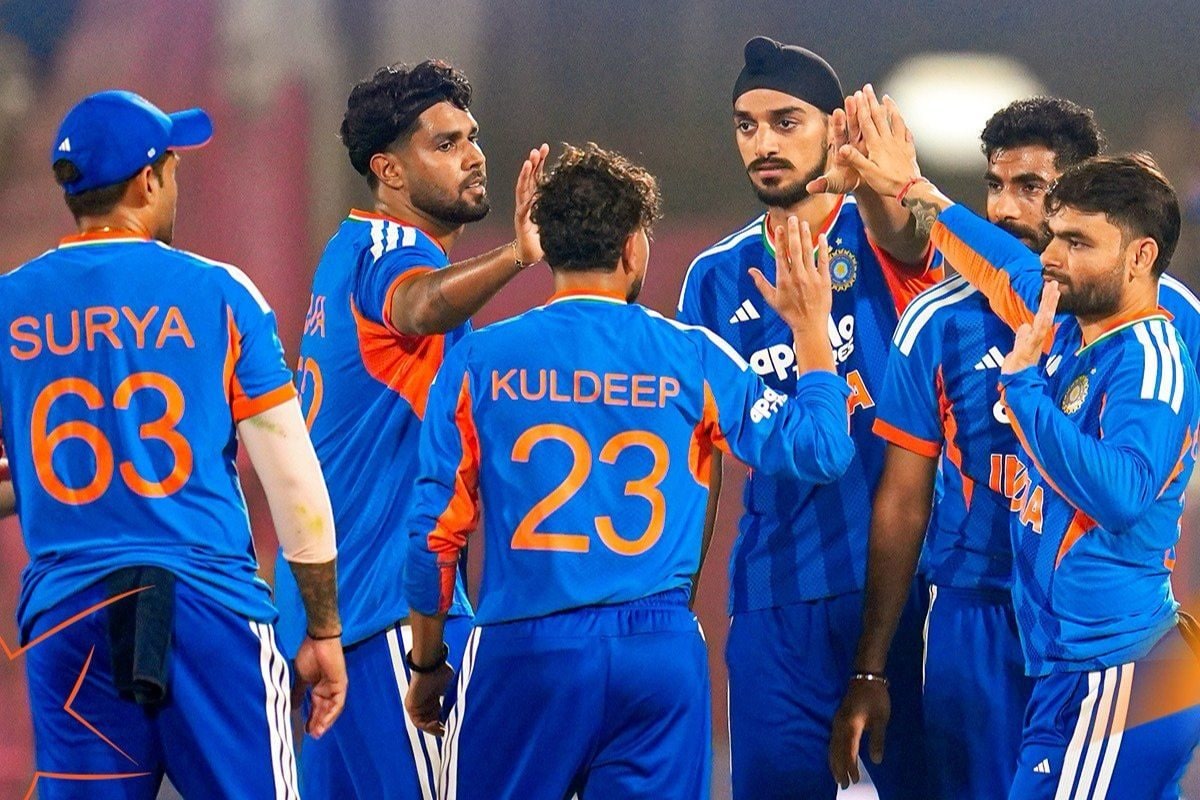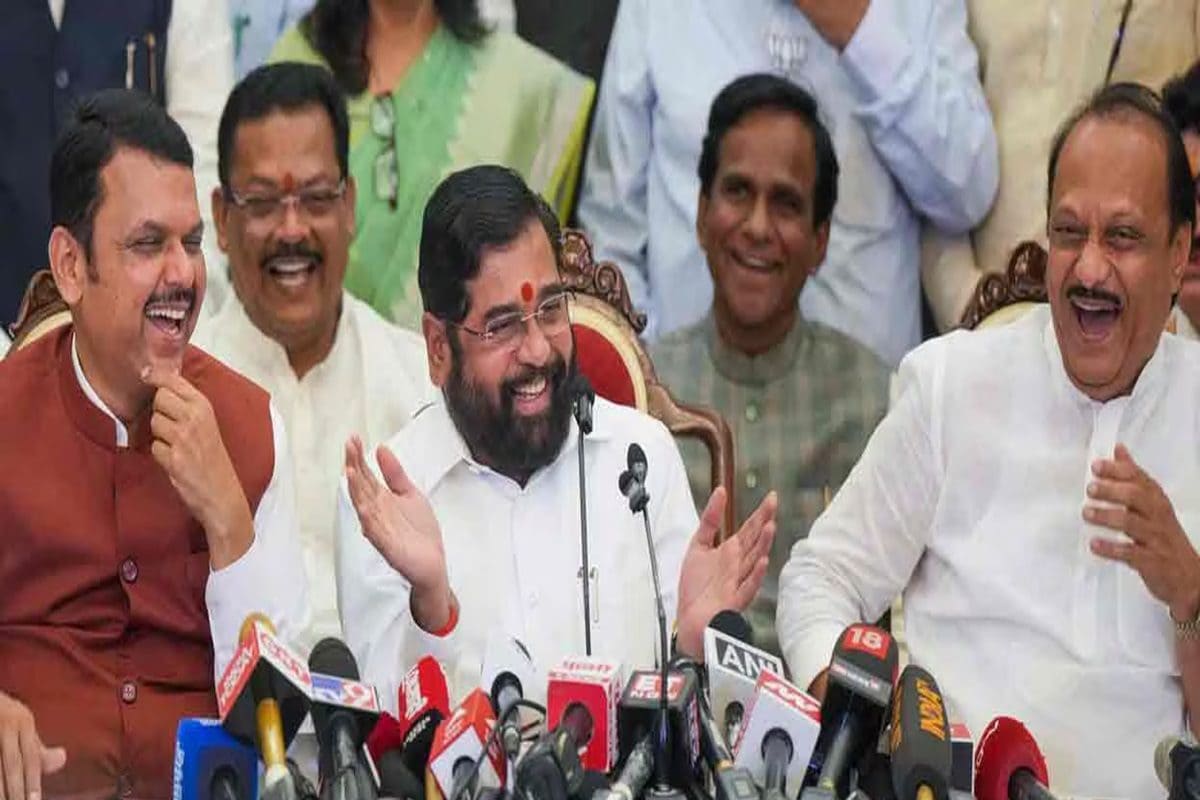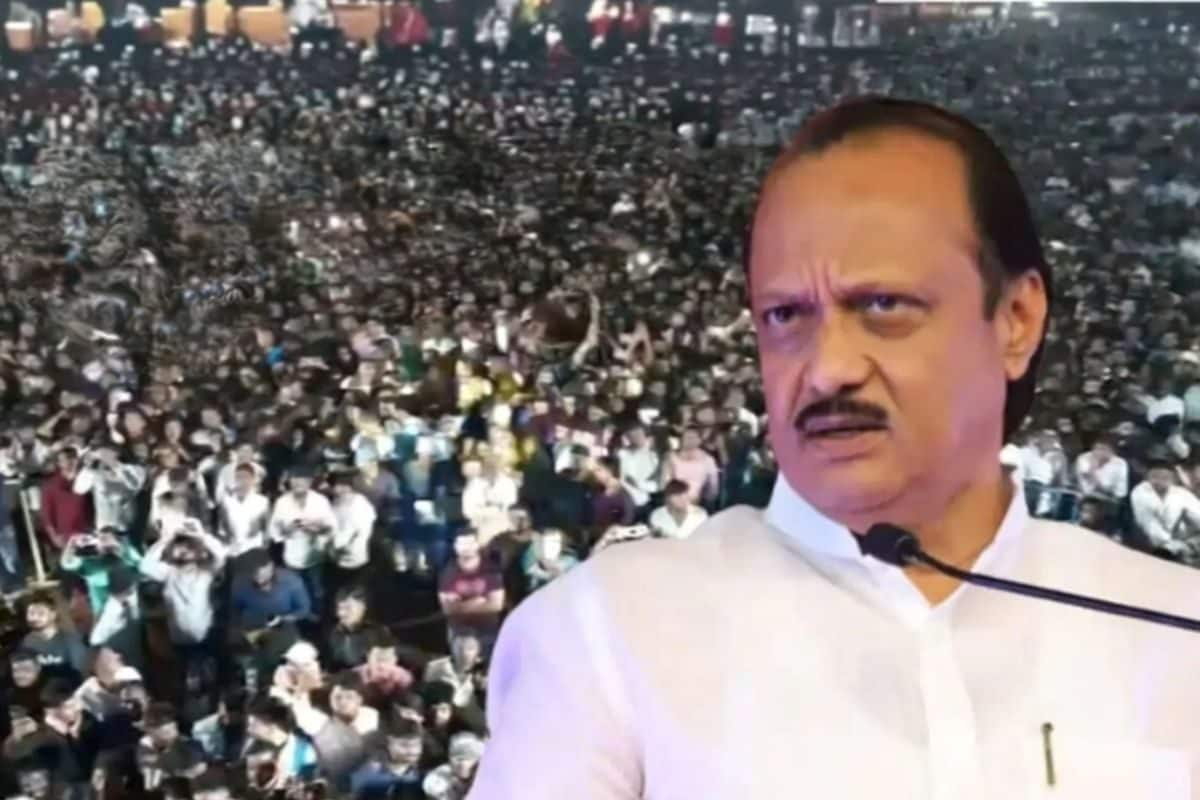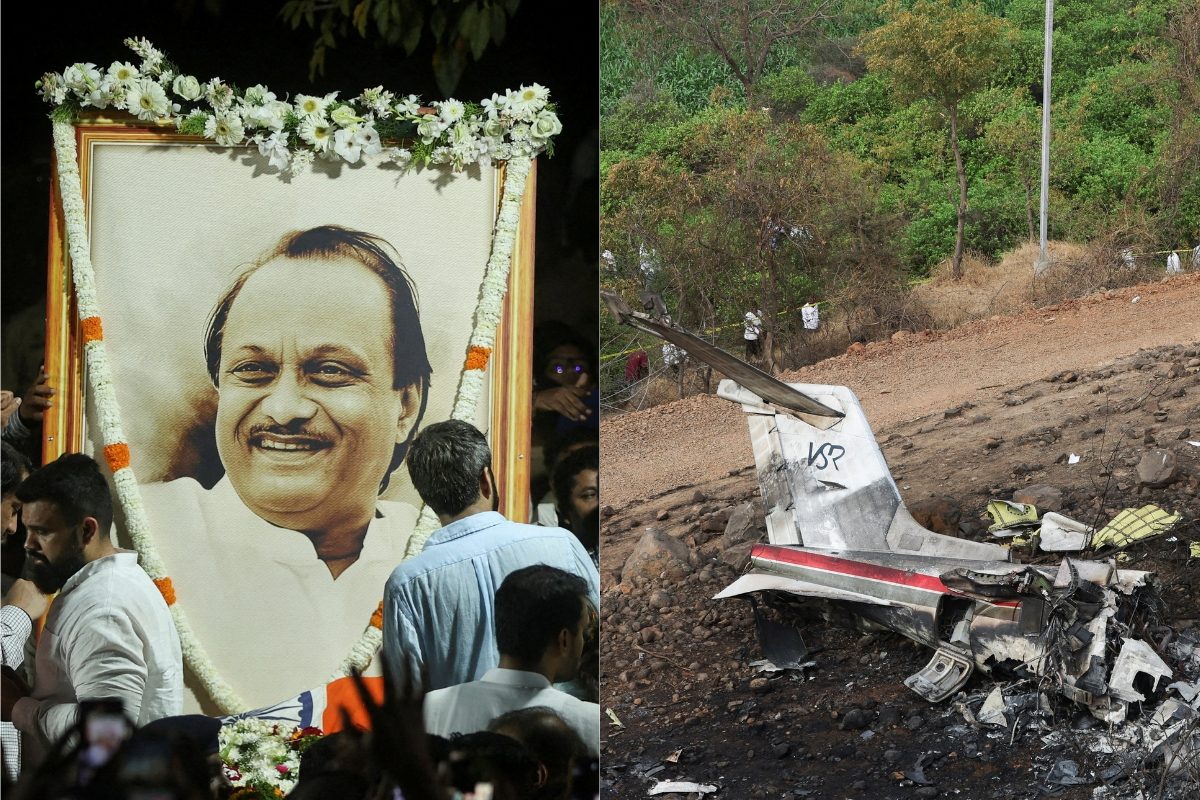Game designer Zain Memon: Real Money Games is just another name for gambling

The Promotion and Regulation of Online Gaming Bill has officially been passed, banning all real-money games (RMGs). As a result, companies such as Dream11, Gameskraft, Mobile Premier League (MPL), and Zupee have reportedly suspended contests and paid games on their platforms — the very formats that served as their primary revenue streams. “People have lost their entire life savings [in these games],” said Electronics and IT Minister Ashwini Vaishnaw, who defended the bill. The new law seeks to promote eSports and non-monetary gaming, while supporting these formats through tournaments, training, and educational initiatives.
Game designer Zain Memon and filmmaker Anand Gandhi, known for the critically acclaimed Tumbbad (2018), are also the minds behind board games Shasn and Maya. They see this legislation as a necessary step away from exploitative gambling models. “RMG is just another name for gambling. Games are a powerful medium to bring people together, to entertain, and to educate. Using that power to create addictive loops is exploitative,” Memon told mid-day.
He added that the bill does not affect their work. “Gambling has never been part of what we do. Our plan was always to build competitive and skill-based games.” While the bill restricts gambling-related formats, it doesn’t entirely shut the door on game monetisation. “Monetisation will exist, but through fair and creative models — expansions, stories, collectibles, and experiences that deepen play,” Memon explained.
“Easy money never lasts,” Gandhi observed, noting that investors in RMGs knew the risks from the outset. “We are building long-term value, rooted in culture and community. When you do that, capital does not dry up. Serious markets are always interested in ventures that endure, not in schemes that collapse at the first sign of scrutiny.”
While Memon and Gandhi’s games have gained global traction — particularly on platforms like Kickstarter and at conventions like Worldcon — they now want to bring that focus back to India. “We should aim higher. Let us invent games the world has not imagined yet. Our peers in Japan, Korea, and China have done it. Now it is time for India to lead the charge,” Gandhi added.
Penalties
>> Offering money games: 3 years’ jail and/or Rs 1 crore fine.
>> Advertising money games: Up to 2 years’ jail and/or Rs 50 lakh fine.
>> Repeat offences: 3.5 years’ jail and/or Rs 2 crore fine.
What's Your Reaction?
 Like
0
Like
0
 Dislike
0
Dislike
0
 Love
0
Love
0
 Funny
0
Funny
0
 Angry
0
Angry
0
 Sad
0
Sad
0
 Wow
0
Wow
0
